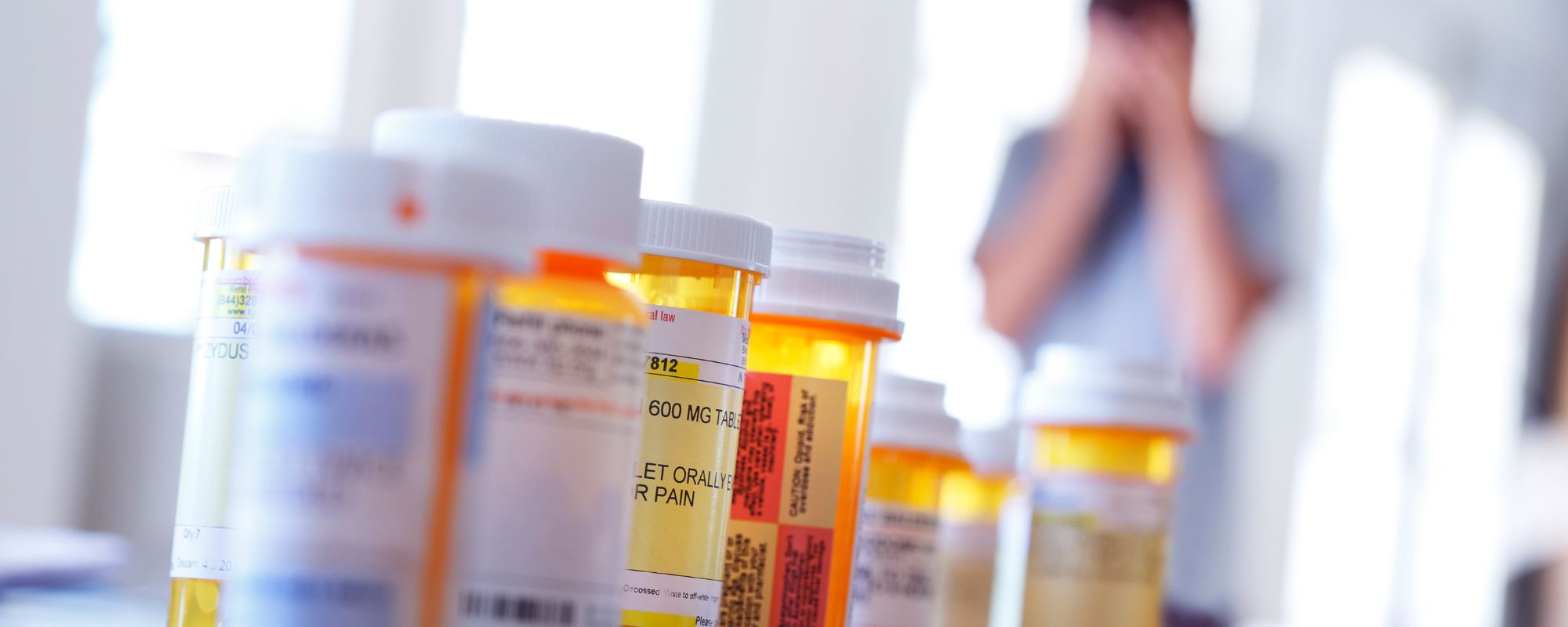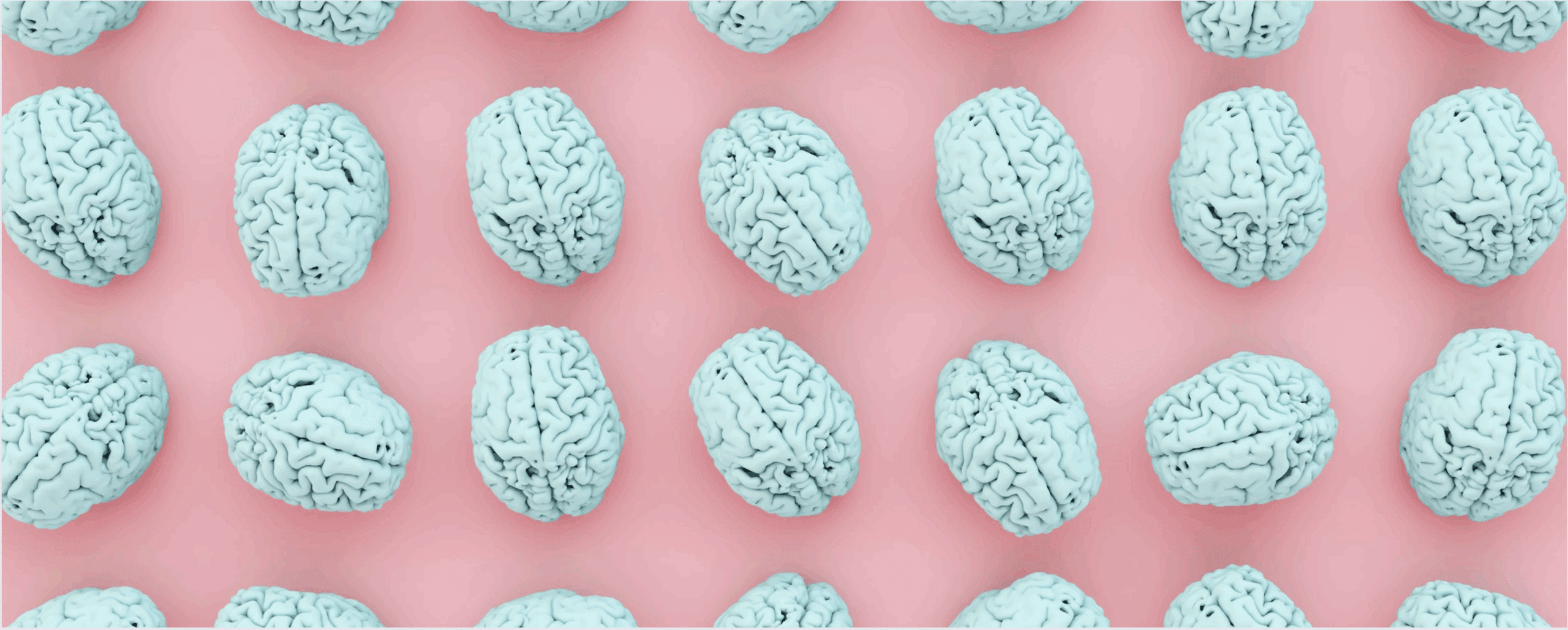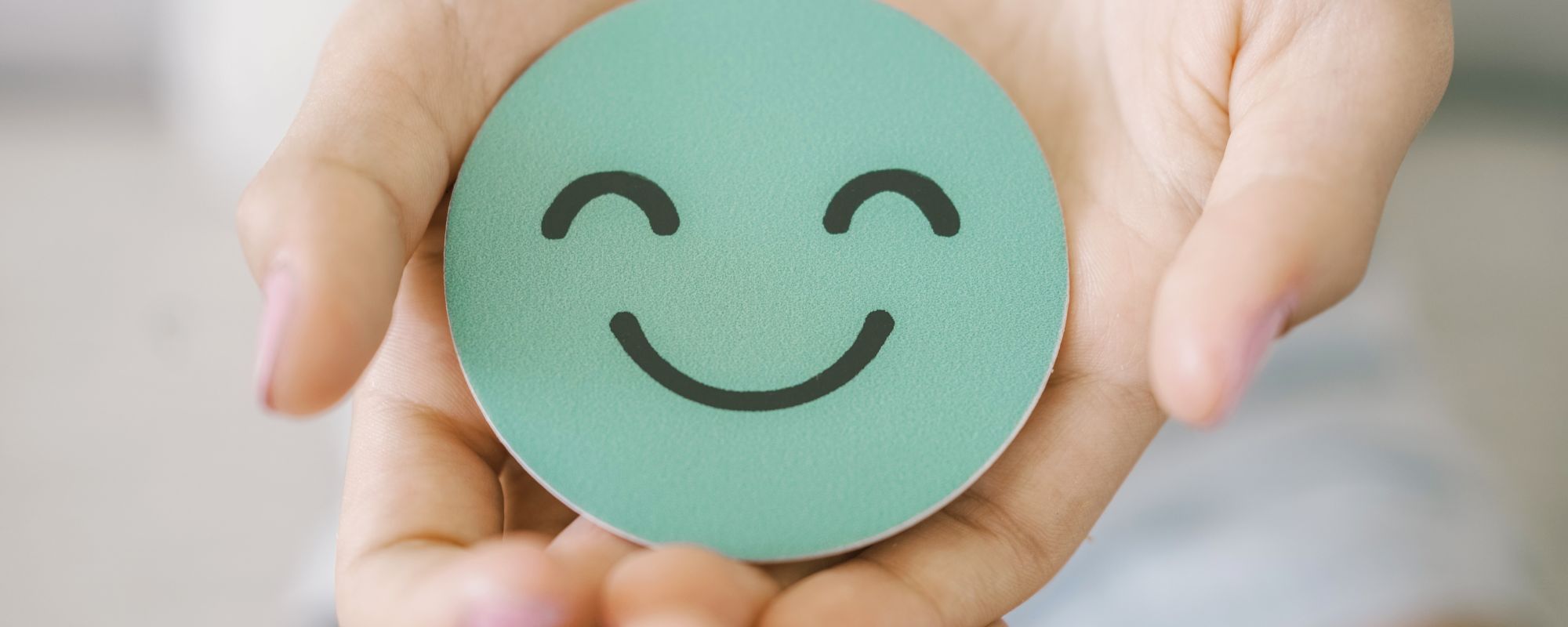Methadone detox centers play an important role in helping individuals struggling with opioid addiction. These facilities provide specialized care and support to help you safely transition off methadone and onto the path of recovery. What is methadone and how does a methadone detox center help?
What Is a Methadone Detox Center?
Methadone is a medication used to treat those with a confirmed diagnosis of opioid use disorder. It works by reducing cravings and withdrawal symptoms, making it easier for people to stop using opioids, like heroin or prescription painkillers. Taken daily, it is available in liquid, powder, and diskette forms. Methadone is only available through authorized clinics and healthcare providers. You can’t buy methadone online or at emergency clinics because it’s a controlled substance.
A methadone detox center is a place where people struggling with addiction to opioids can get help. During treatment, doctors and nurses supervise the process of reducing methadone doses gradually. This helps to minimize withdrawal symptoms and make the detox process safer and more comfortable. The goal is to help you become free from methadone dependence and start a journey toward recovery from opioid addiction.
Get confidential help from our addiction and mental health treatment facilities located across the United States. Call to join one of our quality programs today!
Speak With Our Admissions TeamIs Methadone Dangerous?
Methadone is safe and effective when taken as prescribed. The dose is customized for each patient, and it’s often adjusted and readjusted throughout the detox process. Using methadone in any way other than prescribed can result in unintentional overdose.
Many people wonder, “How long does methadone stay in your system?” When prescribed for pain, a dose of methadone lasts four to eight hours. When prescribed for medication-assisted treatment for opioid use disorder, the effects can last 24–48 hours. Even after the effects of the drug wear off, the ingredients remain in the body for much longer. Methadone can remain in urine for up to 14 days following the last dose.
Another risk of methadone is the potential for addiction. Some people may become reliant on methadone to function normally, which can lead to long-term health issues and difficulties stopping the medication. Others mix it with other drugs or alcohol, which can lead to serious complications and even a deadly overdose. Other medications may interact with methadone and cause heart conditions, which is why professional supervision is so important.
Methadone Overdose Symptoms
It’s important to keep the side effects of methadone in mind, as some of them may indicate an emergency. Methadone overdose symptoms include:
- Difficulty breathing or shallow breathing
- Feeling lightheaded or faint
- Hives or a rash; swelling of the face, lips, tongue, or throat
- Chest pain
- Fast or pounding heartbeat
- Hallucinations or confusion
Overall, while methadone can help treat opioid addiction when used as directed by a doctor, it’s essential to be aware of the potential risks and take precautions to avoid them.
What Are the Signs of Methadone Addiction?
Recognizing the signs of methadone addiction can make the difference in helping yourself or someone you love to overcome it. Some of the most common signs of addiction include:
- Persistent Cravings: Feeling a strong urge or desire to use methadone, even when it’s not necessary for pain relief or treatment.
- Increased Tolerance: Needing higher doses of methadone to achieve the same effects as before. This can indicate that the body has become accustomed to the drug and requires more to produce the desired result.
- Withdrawal Symptoms: Experiencing physical or psychological symptoms when methadone use is stopped or reduced. These symptoms may include nausea, vomiting, diarrhea, muscle aches, anxiety, irritability, and insomnia.
- Focus on Obtaining Methadone: Spending a significant amount of time and effort obtaining methadone, thinking about using it, or planning how to get more.
- Neglecting Responsibilities: Prioritizing methadone use over responsibilities at work, school, or home. This may result in neglecting duties, missing deadlines, or failing to fulfill obligations.
- Social Isolation: Withdrawing from friends, family, and social activities in favor of spending time alone or with other individuals who use drugs.
- Continued Use Despite Negative Consequences: Continuing to use methadone despite experiencing negative consequences, such as legal problems, financial difficulties, or strained relationships.
If you or someone you know is showing methadone addiction symptoms, seek help from a healthcare professional or addiction specialist.
Is it Safe to Drink Alcohol on Methadone?
Combining methadone and alcohol can have dangerous consequences. Both methadone and alcohol depress the central nervous system. Combining them can cause severe drowsiness, dizziness, and confusion. It can also slow down your breathing and heart rate, which can be life-threatening, especially if you take high doses of methadone or drink a lot of alcohol.
Alcohol can also worsen the mental and emotional side effects of methadone, such as depression, anxiety, and mood swings. It can also impair your judgment and decision-making abilities, making it harder to think clearly and make safe choices. Drinking alcohol during methadone detox can interfere with the process and make it harder to successfully stop using methadone. It can also increase the risk of relapse and overdose, as alcohol can lower your inhibitions and make you more likely to use other drugs.
To ensure the safety and effectiveness of methadone treatment, avoiding alcohol and illicit drugs is a must.
Looking for quality treatment for substance abuse and mental health that’s also affordable? Aliya Health Group's treatment facilities accept most major insurance providers. Get a free insurance benefits check now!
Check Your CoverageWhat Is Methadone Detox Like?
For someone going through methadone detox, it can be a challenging and uncomfortable experience. They may experience withdrawal symptoms such as:
- Nausea
- Vomiting
- Diarrhea
- Muscle aches
- Anxiety
- Insomnia
During methadone detox, the dose of methadone is gradually reduced under the supervision of doctors and nurses. This helps to lessen withdrawal symptoms and increase your comfort during detox. The exact tapering schedule will depend on factors including your dosage, how long you’ve been taking it, and your overall health.
The length of methadone detox can vary from person to person. It may take several days to a few weeks to complete the process, depending on individual circumstances. With the support of healthcare professionals and loved ones, they can successfully navigate the detox process and begin their journey to recovery.
Methadone Addiction Treatment at Aliya Health Group
At Aliya Health Group, we offer medically assisted treatment programs that build the solid foundation you need to end your opioid addiction and avoid a relapse. Our evidence-based approach uses three main components: medication, counseling, and behavior therapy.
While undergoing methadone detox, you may receive:
- Individual, group, and/or family counseling
- Cognitive behavioral therapy (CBT)
- Dialectical behavior therapy (DBT)
- Motivational interviewing
- Cognitive processing therapy (CPT)
Working together, each component of our program will help you fight cravings, learn healthy coping skills, and rebuild your self-worth. Our team of detox counselors is available around the clock to ensure you’re following the process and taking the right steps toward recovery.
If you’ve searched for “methadone doctors near me,” you’ve found your partner in your journey toward sobriety. To learn more about our medication-assisted treatment programs and how you can take the next step toward an opioid-free life, contact us today.

















